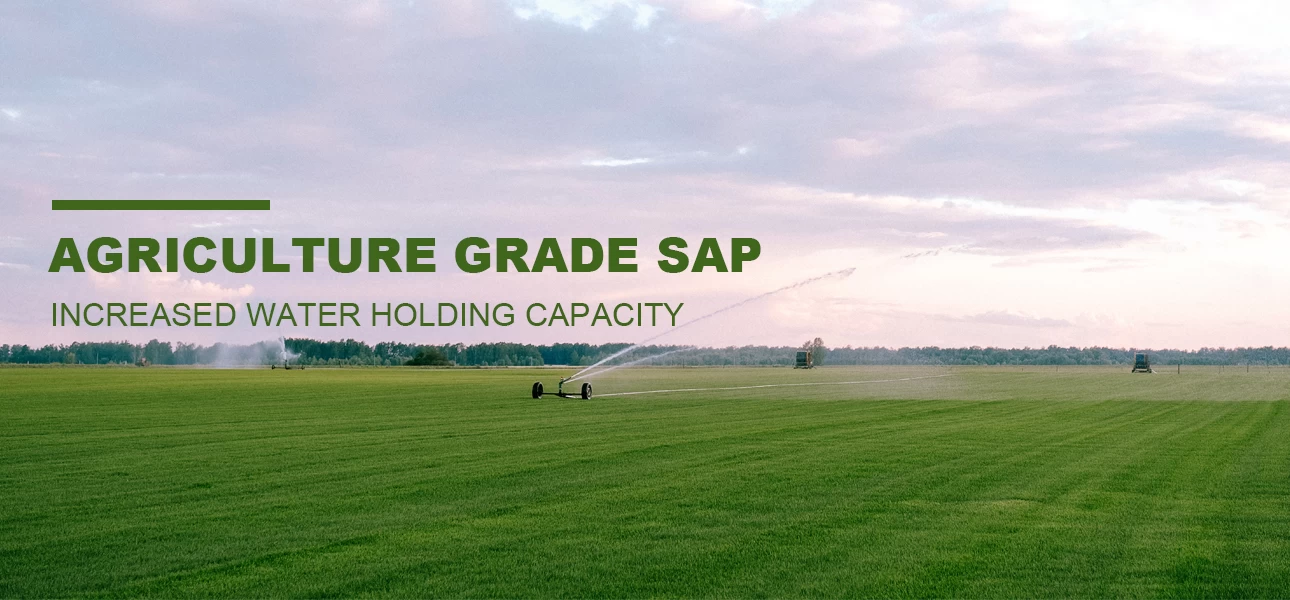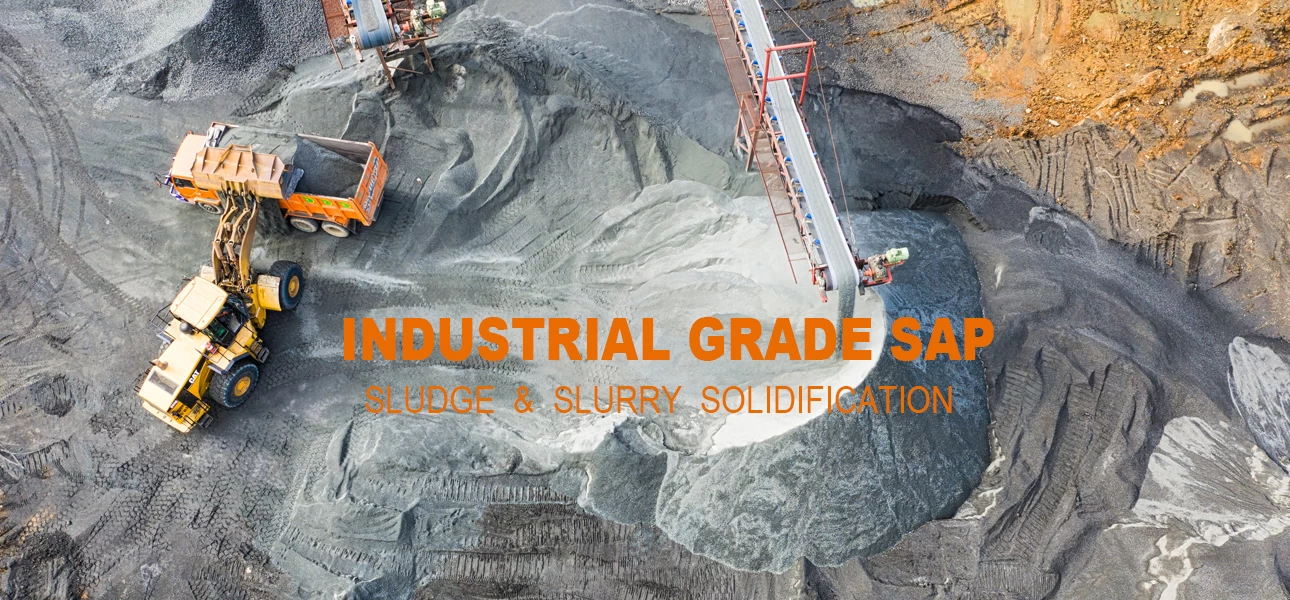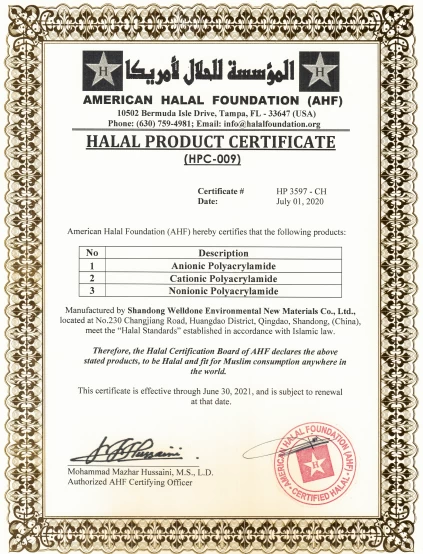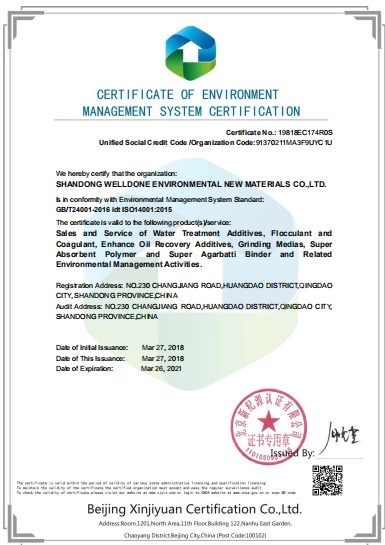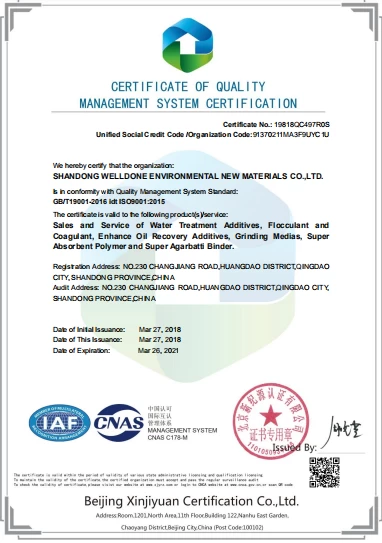Sodium Polyacrylate: Revolutionizing Sludge Solidification
In the realm of waste management, the treatment and disposal of sludge have long posed significant challenges. However, thanks to innovative advancements in materials science, a game-changing solution has emerged - Sodium Polyacrylate (SPA). This remarkable substance has proven to be highly effective in the solidification of sludge, offering numerous benefits over traditional methods. In this article, we will delve into the application of Sodium Polyacrylate in sludge solidification, shedding light on its exceptional properties and the transformative impact it has had on waste management practices.
Superior Solidification Capabilities:
Sodium Polyacrylate stands apart from conventional sludge solidification agents due to its remarkable solidification capabilities. When added to sludge, SPA undergoes a rapid gelation process, forming a sturdy matrix that effectively immobilizes the organic and inorganic components. This results in a stable, robust solid material with reduced leachability and enhanced dewatering properties.
Environmental Friendliness:
One of the key advantages of Sodium Polyacrylate is its eco-friendly nature. Unlike certain chemical additives used in sludge solidification, SPA is non-toxic and does not release harmful substances into the environment. This makes it an ideal choice for sustainable waste management practices, minimizing the ecological impact associated with sludge disposal.
Improved Dewatering Efficiency:
Sludge often contains a significant amount of water, which hampers efficient handling and disposal. Sodium Polyacrylate addresses this issue by promoting dewatering efficiency. By absorbing excess moisture, SPA facilitates the removal of water from the sludge, resulting in reduced volume and improved stability. This not only streamlines the transportation process but also provides cost savings in terms of disposal fees.
Versatility in Application:
Sodium Polyacrylate exhibits impressive versatility when it comes to sludge solidification applications. It can be seamlessly integrated into various waste treatment processes, including municipal wastewater treatment plants, industrial facilities, and agricultural operations. Additionally, SPA can be used with different types of sludge, such as mixed sludge, digested sludge, and dewatered sludge, further expanding its scope of application.
Long-Term Stability:
One of the primary concerns in sludge management is ensuring long-term stability and durability of the solidified material. Sodium Polyacrylate excels in this aspect, providing excellent resistance to physical degradation and chemical reactions. This ensures that the solidified sludge maintains its structural integrity over time, minimizing the risk of leaching and recontamination.
Conclusion:
The advent of Sodium Polyacrylate has revolutionized the field of sludge solidification, offering an efficient, environmentally friendly, and cost-effective solution for waste management. Its remarkable solidification capabilities, coupled with enhanced dewatering efficiency and long-term stability, make it a game-changer in the industry. As we navigate the challenges of sustainable waste management, Sodium Polyacrylate emerges as a key player, transforming the way we approach sludge disposal and paving the way for a cleaner, greener future.






